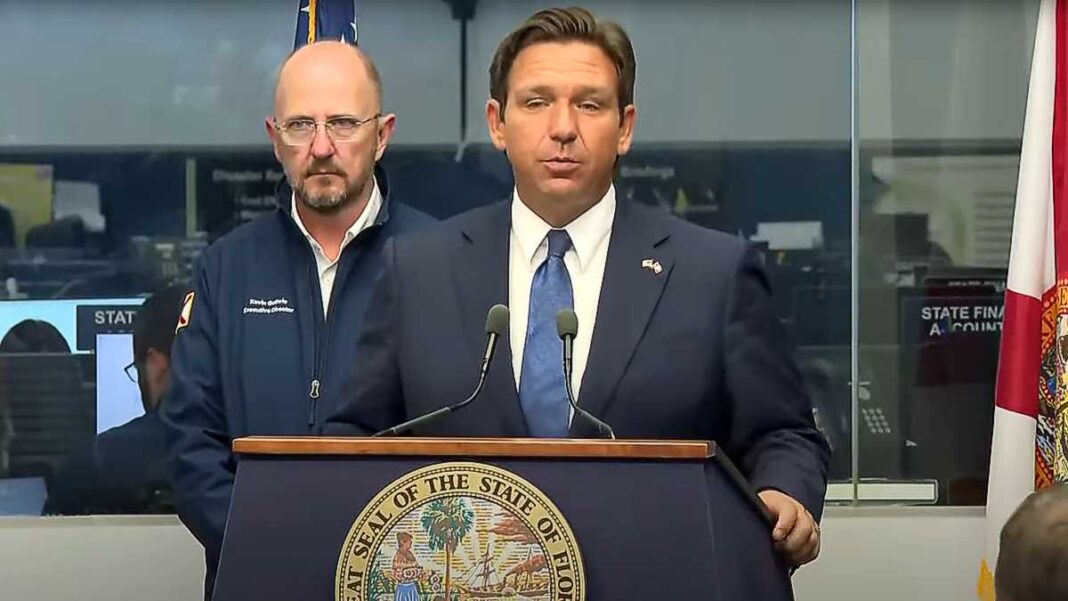Undercounting inflation since 2019 has resulted in overstating economic growth, economists say.
New research by a pair of prominent economists suggests that the U.S. economy has been in a recession for the last two years after inflation adjustments are taken into account.
According to Bureau of Labor Statistics data, cumulative inflation since 2019 has totaled nearly 25 percent.
But inflation figures have been understated by nearly half, resulting in cumulative growth to be “overstated by roughly 15%,” say economists EJ Antoni and Peter St. Onge.
“Moreover, these adjustments indicate that the American economy has actually been in recession since 2022,” they wrote in a new study published in Brownstone Journal.
Undercounting inflation has implications for economic growth because rapid price changes have bolstered the nominal values of a wide array of economic metrics “without resulting in any real change.”
Antoni and St. Onge cited several data points comparing nominal (non-inflation-adjusted) and real (inflation-adjusted) since January 2019.
New orders for durable goods have increased 7.5 percent (nominal) but fallen 13.4 percent (real). Retail sales have rocketed more than 23 percent (nominal) but rose 3.2 percent after adjusting for inflation. Nominal disposable personal income has surged about 35 percent, but the real rate has been just nearly 13 percent.
Nominal GDP at a seasonally adjusted annualized rate shows the national economy has soared 37.4 percent from the first quarter of 2019 to the second quarter of 2024.
The Bureau of Economic Analysis (BEA) uses the GDP Price Deflator—a tool that reduces the value of goods and services produced in the wider economy—to reflect inflation revisions. When it is applied, nominal growth declines to 13.7 percent in this five-year span.
But this is flawed, the economists stated.
“Utilizing a modified GDP deflator that includes more accurate metrics for housing, regulatory costs, and indirect costs yields a more accurate inflation measurement and therefore a more accurate valuation of real GDP,” the paper said.
Antoni and St. Onge concluded that the adjusted real GDP fell 2.5 percent from the first quarter of 2019 to the second quarter of 2024 and entered a recession in early 2022.









